
Abstracts are due August 15th August 21 at 11:59pm PST
The abstract registration period has closed. Please email ICPAEugene2022@gmail.com to enquire about rescinding your abstract, submitting changes to your abstract, or submitting an abstract late.
Register Online for Virtual or In-Person Attendance
The Virtual Conference Website and Signup is Now Available:
After you have registered online for the conference you can sign up for a virtual account HERE.
When:
September 15th – 17th, 2022 with optional excursions on September 15th and 18th.
Where:
University of Oregon, Eugene, Oregon USA. Learn more about the site here.
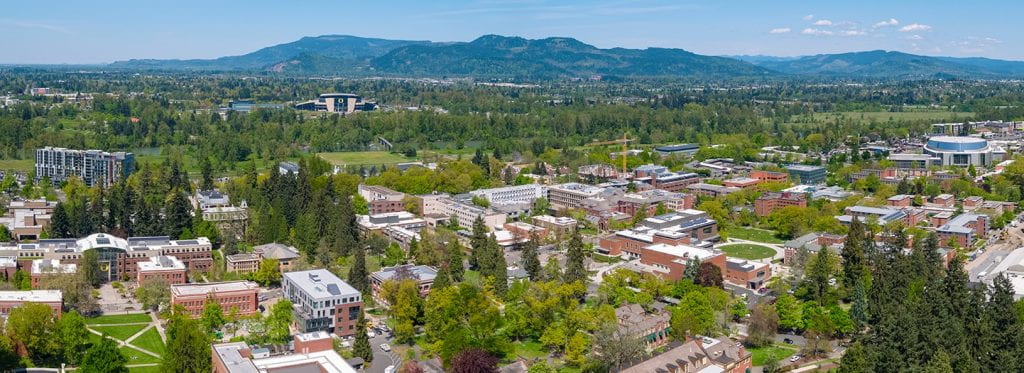


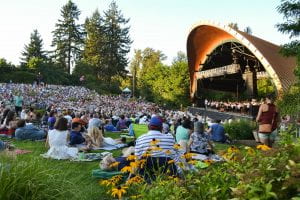
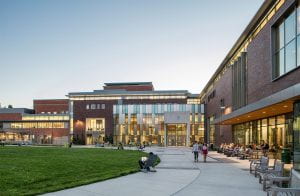
Cost:
Fees are $200.00 for standard registration, $150.00 for student registration, and $25.00 for virtual-only registration.
The conference registration fee for in-person attendees includes dinner on Thursday, September 15th, breakfast, lunch, and dinner on Friday September 16th, and breakfast and lunch on Saturday September 17th in addition to in-person and virtual conference access. If you have registered for the conference in person and would like to opt out of meals and/or make dietary requests please fill out this FORM.
COVID Policy:
The International Congress of Physiological Anthropology 2022 requires all guests to have received prime doses of a Covid-19 vaccine or vaccine series to attend. Masks covering both the mouth and nose will be required at all indoor events connected to the ICPA, unless actively eating or drinking. Additionally, the ICPA will follow all University of Oregon Covid-19 protocols, which can be found at www.covid.uoregon.edu and are actively updated to ensure best coordination with county, state, and federal protocols. If attendees experience symptoms, they should contact the ICPA at ICPAEugene2022@gmail.com and self-test with a commercial rapid test or receive a test at the University of Oregon’s Monitoring and Assessment Program (testing hours and on-campus location can be found at https://coronavirus.uoregon.edu/map-testing). In the case of a positive test, an attendee should contact the ICPA and follow Oregon state and USA federal isolation guidance, which can be found at https://coronavirus.uoregon.edu/covid-exposure.
Plenary Speakers:
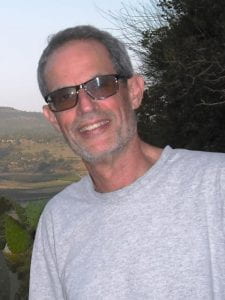
Barry Bogin is a Professor Emeritus of Biological Anthropology of the School of Sport, Exercise & Health Sciences, Loughborough University, UK and William E Stirton Professor Emeritus of Anthropology of the University of Michigan-Dearborn. He received his Ph.D. in anthropology from Temple University in 1977. Bogin has expertise in human physical growth and development, nutritional ecology, evolutionary biology, Maya people, and human adaptation. The focus of his research is to explain how Social-Economic-Political-Emotional (SEPE) forces influence human physical development. He has authored more than 230 books, articles, book chapters, and popular essays. These include the books Patterns of Human Growth, 3rd edition (2021), Human Variability and Plasticity, Human Biology: An Evolutionary and Biocultural Approach, and The Growth of Humanity.
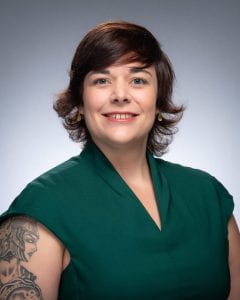 Cara Ocobock is a human biologist who explores the physiological and behavioral mechanisms necessary to cope with and adapt to extreme climates and high levels of physical activity. Her work has taken her from the Rocky Mountains to the Arctic Circle where she has worked with outdoor enthusiasts, runners taking part in a cross-country foot race, and reindeer herders in Finland. She is an avid powerlifter who loves bringing anthropology to sport and sport to anthropology. She has also organized and participated in numerous science outreach efforts including the Human Biology Association Podcast, the Sausage of Science.
Cara Ocobock is a human biologist who explores the physiological and behavioral mechanisms necessary to cope with and adapt to extreme climates and high levels of physical activity. Her work has taken her from the Rocky Mountains to the Arctic Circle where she has worked with outdoor enthusiasts, runners taking part in a cross-country foot race, and reindeer herders in Finland. She is an avid powerlifter who loves bringing anthropology to sport and sport to anthropology. She has also organized and participated in numerous science outreach efforts including the Human Biology Association Podcast, the Sausage of Science.
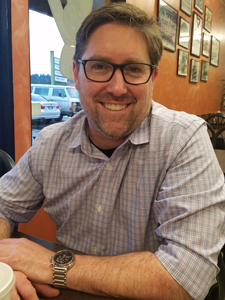 Dr. Snodgrass is a biological anthropologist who specializes in human evolutionary biology and global health. His research focuses on human adaptation to environmental stressors (such as cold stress), the influence of social change on health (especially cardiovascular and metabolic diseases), aging, the effects of chronic psychosocial stress on health and well-being, and the evolution of the human diet. He has active field projects in the Amazon region of Ecuador, six middle income countries as part of the WHO’s SAGE project, and several locations within the United States. He also directs an immunology/endocrinology research laboratory that focuses on the development and application of minimally invasive techniques (e.g., dried blood spots, hair, and saliva) for assessing health and physiology in population-based research.
Dr. Snodgrass is a biological anthropologist who specializes in human evolutionary biology and global health. His research focuses on human adaptation to environmental stressors (such as cold stress), the influence of social change on health (especially cardiovascular and metabolic diseases), aging, the effects of chronic psychosocial stress on health and well-being, and the evolution of the human diet. He has active field projects in the Amazon region of Ecuador, six middle income countries as part of the WHO’s SAGE project, and several locations within the United States. He also directs an immunology/endocrinology research laboratory that focuses on the development and application of minimally invasive techniques (e.g., dried blood spots, hair, and saliva) for assessing health and physiology in population-based research.
Workshops:
Geospatial Global Health Data Visualization in R
Workshop run by Alicia DeLouize
- Please bring your own laptop
- Download R and RStudio before the event by following the instructions here
This workshop will use publicly available and current global COVID-19 data and visualize it using choropleth maps in R. All skill levels are welcome. This workshop has been designed for beginners and those with little to no coding experience. You will learn some basics on using the new QMD documents for RStudio and writing/running code, how to pull data off of the internet and place it into R, how to import map data, things to consider when preparing your data, a short and simple introduction to ggplot2 (a popular data visualization package), and how to build a choropleth map. A choropleth map is a map where different regions are different colors based on some continuous data variable. In this workshop, the regions will be different countries in the world and the colors will be based on COVID case data and other COVID variables.
Ethical Considerations in Global Health Research
Workshop run by Drs. Josh Snodgrass and Zachary DuBois
This workshop will engage with ethical issues in global health research, including fieldwork in human biology and lab-based physiological anthropology studies. The workshop will be informal and is meant to create a space for discussing complex ethical issues. We anticipate discussing topics such as returning health information to participants, working in low-resource settings, compensation for participants and communities, and the composition of research teams.
Salivary Biomarkers of Hormonal and Immune Functioning: And other Biospecimens
Workshop run by Dr. Birdie Shirtcliff and Allissa Van Steenis
The workshop will describe opportunities and strengths of noninvasive biospecimens, focusing on hair and saliva collection. We will provide hands-on trainings so attendees can avoid the largest pitfalls on collection. We will then describe some exciting new prospects in research with these biospecimens. Workshop will take place in the Global Health Biomarker Lab.
Finger Prick Blood Collection with Point-of-Care Analysis
Workshop run by Drs. Josh Snodgrass and Zachary DuBois
This workshop will provide hands-on training on three point-of-care testing (POCT) devices (HemoCue Hb201+, Bayer/PTS A1cNow+, and CardioChek PA/Plus), as well as finger prick blood collection of dried blood spot (DBS) cards. You will be able to test your own blood or watch others collect theirs. Workshop will take place in the Global Health Biomarker Lab.
Additional Contact Information:
@icpa2022
ICPA 2022 is committed to being an inclusive and accessible event. For questions or requests about accommodations or other needs, please contact icpaeugene2022@gmail.com
 |
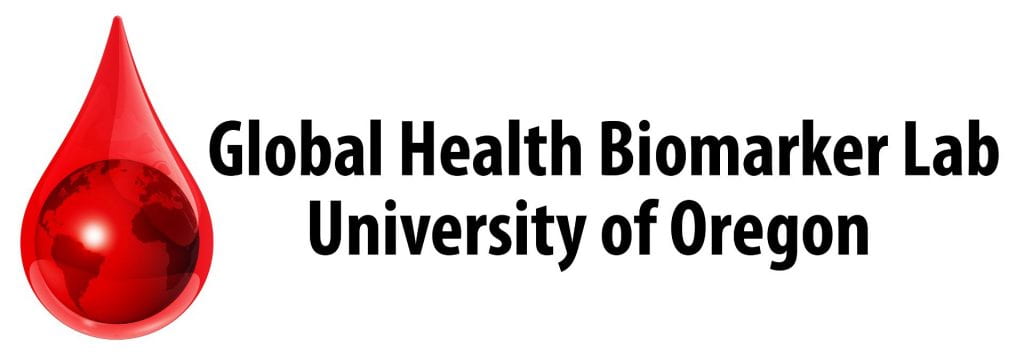 |
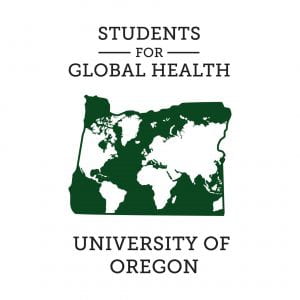 |
